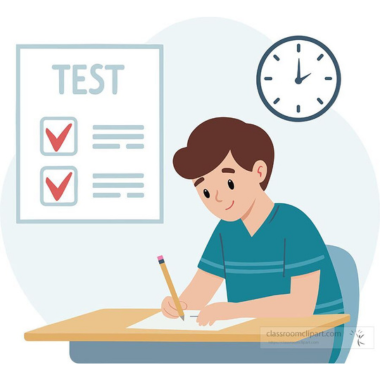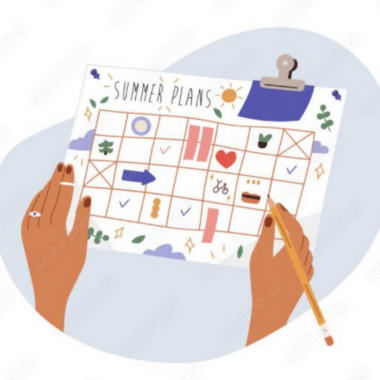What are the 17 AAMC Core Competencies and Why are they Important?
Written by: Cordelia Kraus, Pre-Health Peer Advisor
As of 2023 the premed competencies were updated to reflect the current and future expectations for new medical students. The 17 competencies highlight essential knowledge, abilities, and skills that medical schools consider to be important for entering medical students. Overall, they serve as a starting point for schools to holistically evaluate your readiness and ability to succeed in their medical school.
It’s worth noting that while created for medical school applicants, this list can be a great starting point for any pre-health track!
The AAMC’s description of each of the core competencies can be found here:
The Premed Competencies for Entering Medical Students | Students & Residents
Yes! Another thing to add to your ever-growing checklist for things Pre-Health!
If you’re feeling overwhelmed and already behind, don’t worry just yet. The work and activities you’re already involved in, and your life experiences, likely demonstrate these competencies. And, just like with most things in the pre-health field, there is no “one correct answer.” Many opportunities and experiences can showcase proficiency in these competencies.
To illustrate just how broad this area can be, I like to reflect on a personal interest of mine: running. Over the past year, one of my ongoing goals has been training to run long distances, particularly marathons and ultramarathons. A big part of my passion has come from running with a local group on weekends and holidays. The group consists of runners with varying levels of experience, and it’s primarily made up of retirees who are looking to stay fit in their later years. Though I joined for personal fitness and the social aspects, I’ve gained valuable skills that relate to the Teamwork competency.
Through our weekly runs, I’ve learned skills like collaboration, mutual support, and effective communication. While running is vastly different from the service or research experiences you might expect, it still connects to a pre-med competency. This experience helped me develop skills that are crucial in a medical setting, where teamwork among diverse individuals is essential for providing effective patient care.
I’ve found that a great way to gauge your performance in the competencies is to reflect on your experiences. The Anatomy of an Applicant worksheet linked below can be a helpful resource in determining what competencies you feel most and least confident in. Additionally, it allows space to create a plan for developing those weaker competencies.
…So now that I know what the competencies are how can I incorporate them into my application?
- The AAMC Guidelines for Letter Writers is a great resource to send to your potential letter writers. When asking for a letter of recommendation consider making a list of the competencies you feel you’ve demonstrated confidently. Consider even including a short statement about how that job, activity, class, etc. you engaged in helped you develop one or multiple of these competencies.
- Consider reviewing your personal statement and how you can incorporate the competencies. How have your experiences shaped your approach to medicine? What challenges have you overcome? Incorporating ways you’ve demonstrated skills like compassion or resilience can be a great addition to your essay!
- Your subsequent secondaries and interviews should all allude to the competencies. You should strive to “show, not tell” that you’ve demonstrated these qualities through your communication skills and writing. Reflecting on your path to premed and how you’ve developed certain professional skills can take you very far in your interviews! Practice voicing your experiences and how they relate to the competencies.



